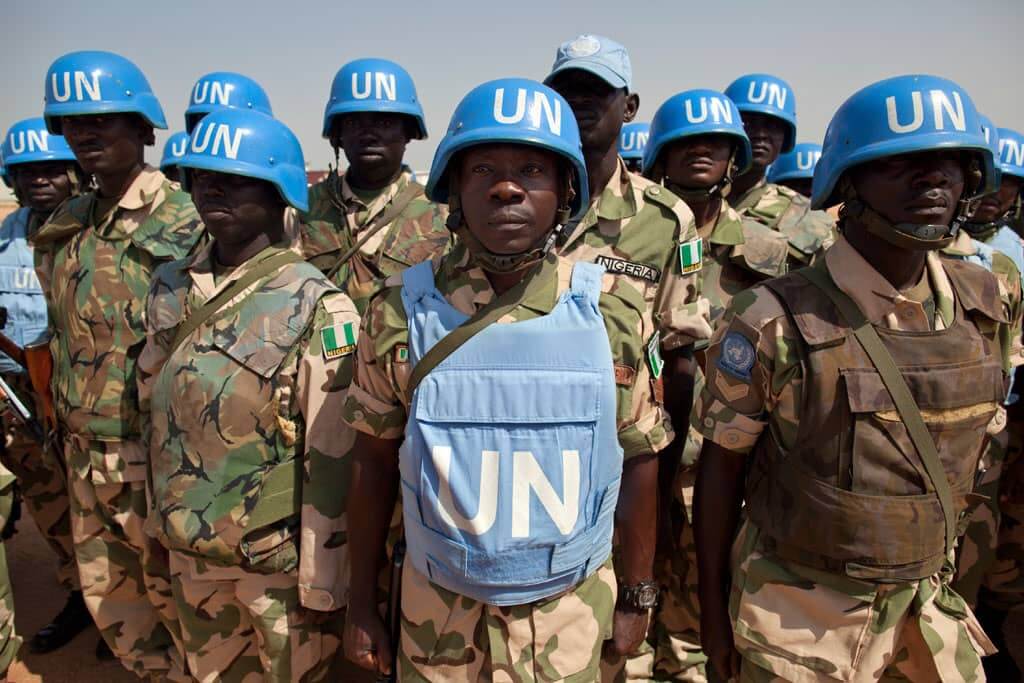The Stockholm International Peace Research Institute (SIPRI) released a “Report on Multilateral Peace Operations in 2022” to commemorate the International Day of UN Peacekeepers on 29 May.
The report said that a combination of high geopolitical tensions, with increasingly challenging relations between missions and their host governments, makes the future of several peace operations uncertain.
New SIPRI map highlights all multilateral #PeaceOperations active as of May 2023 plus a number of missions and operations authorized and/or conducted by the @UN and regional organizations around the world.
— SIPRI (@SIPRIorg) May 29, 2023
Read more ➡️ https://t.co/086Ej3PhvB
Map PDF ➡️ https://t.co/ZtFiYVby5h pic.twitter.com/V8rOFvwxcG
Overview
SIPRI said that 64 multilateral peace operations were conducted in 38 countries worldwide in 2022. Among these, 20 were conducted by the UN, 38 by different regional organizations and alliances, and the remaining six by ad hoc coalitions of states.
According to the report, the number of international personnel deployed in multilateral peace operations rose by 2.79 per cent in 2022. Regionally, 24 operations were located in sub-Saharan Africa, 18 in Europe, 14 in the Middle East and North Africa, 5 in Asia and 3 in the Americas.
Five new operations were launched in Kazakhstan, Somalia, Guinea-Bissau, the Democratic Republic of the Congo and Ethiopia, deploying a total of 26,000 personnel.
The report said that in the coming years, “the intensification of geopolitical rivalries between Russia and the West; the deterioration in relations between some operations and their host countries; and a trend towards peace operations being mounted by regional organizations,” will influence multilateral peace operations.
SIPRI said that the multilateral peace operations in 2022 were also affected by geopolitical tensions heightened by the war in Ukraine. The report mentioned that the activities of Russia’s Wagner group in the Central African Republic (CAR) and Mali made it difficult for peace operations to function in these regions.
Multilateral Peace Operations In 2022: Developments And Trends - Analysishttps://t.co/pvLOPkF8en
— Eurasia Review (@EurasiaReview) May 31, 2023
By Dr. Claudia Pfeifer*
To mark the International Day of United Nations Peacekeepers, SIPRI is releasing new data on multilateral peace operations in 2022. This topical backgr... pic.twitter.com/OYYz3yv2iK

